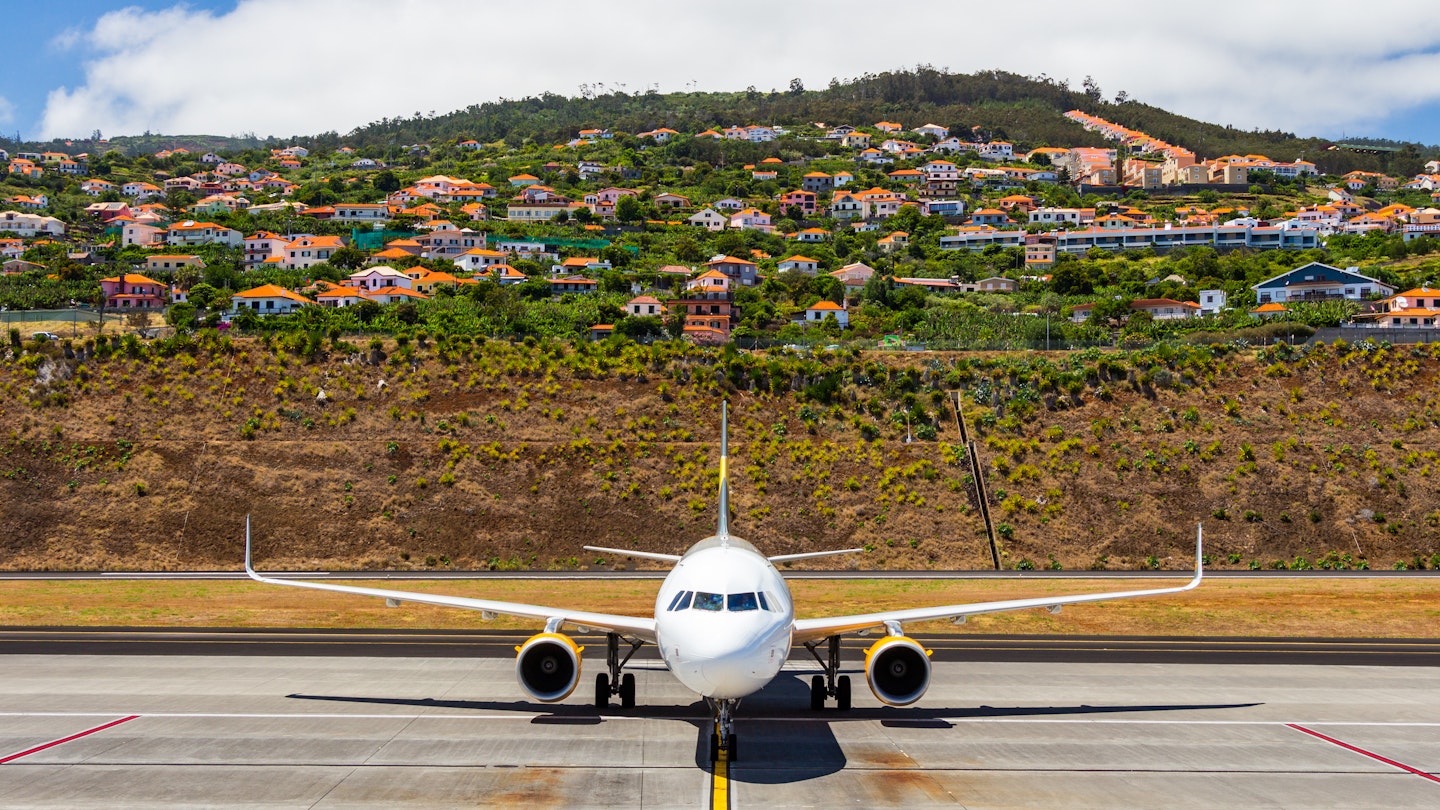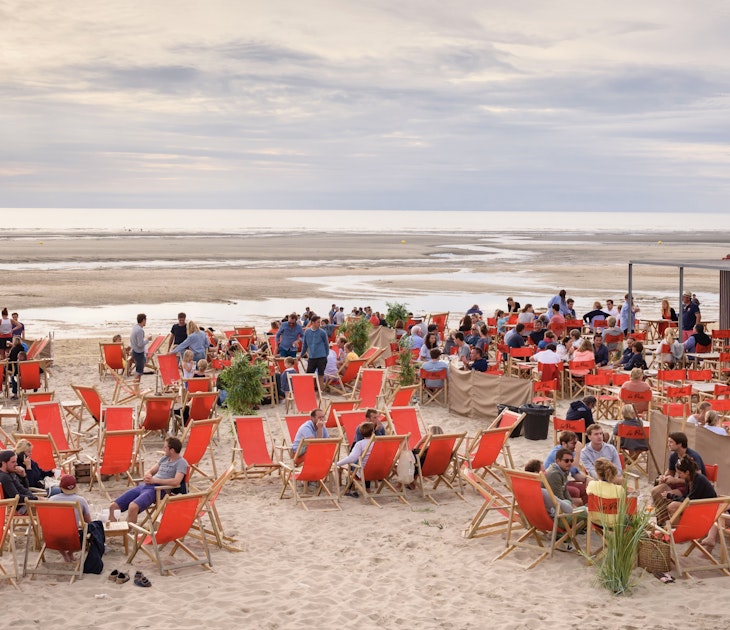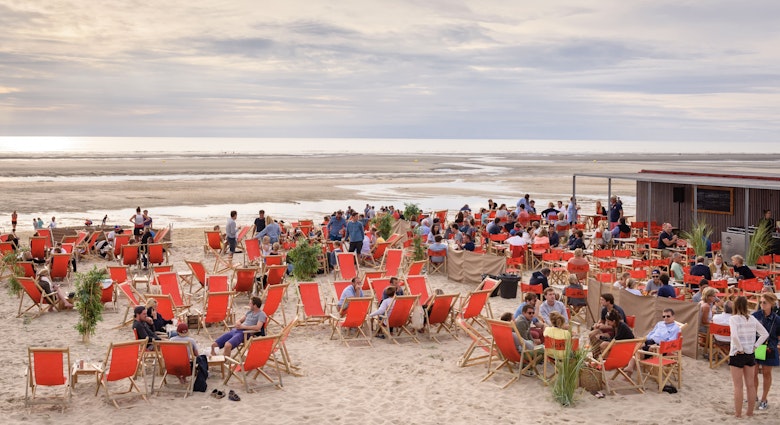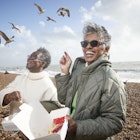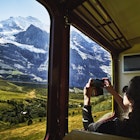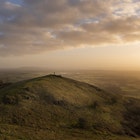Is it safe and sensible to travel right now? Lonely Planet journalist John Walton was considering an overnight trip to see family, but decided not to. To help others also considering non-essential travel right now, we asked him to talk through his thinking and why he decided not to go.
The COVID-19 lockdown has been hard on all of us, but particularly tough for those of us who live a long way from our families, and who haven’t seen them for months. My home is in central France and my parents live in western England, near the Welsh border, with everyone else in my family a short drive away from them. We’re fortunate enough to see each other regularly, and normally, I’d hop on a plane for a visit, or they’d do a road trip through interesting bits of France to come visit for a week or two.
With the novel coronavirus still circulating, however, we haven’t seen each other since December, and it’s been a wrench. But even now, we’re still not traveling — not even to quietly celebrate my mum’s birthday at home.
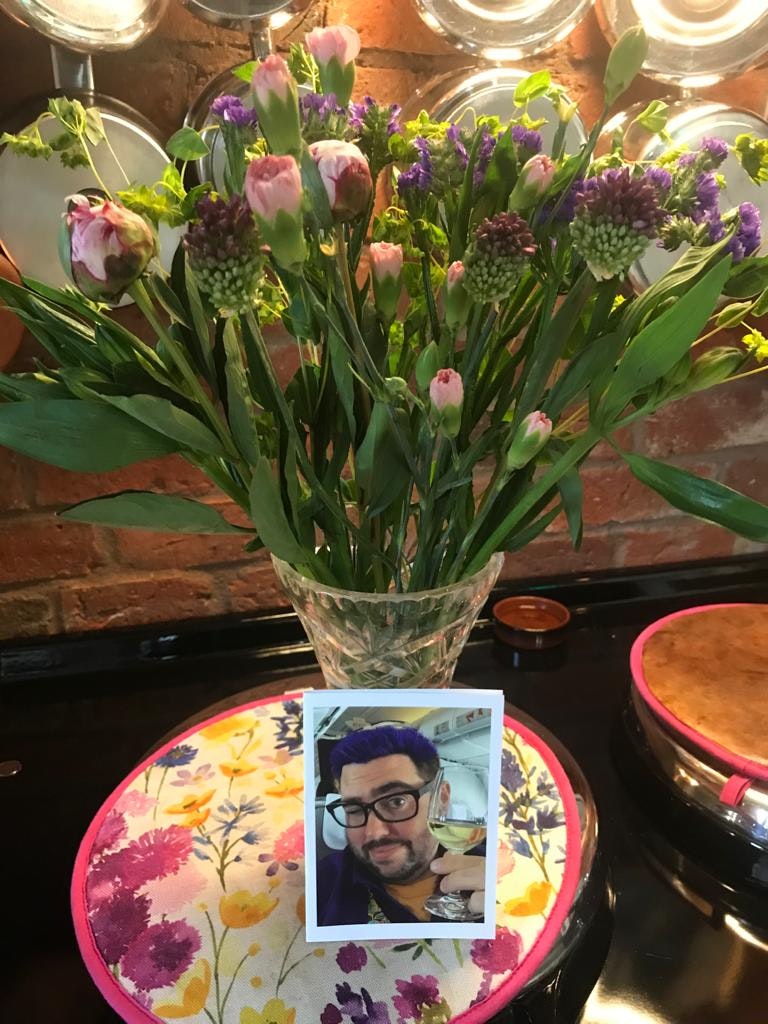
Alternatives to air travel
I almost did make the trip this month, though: while I still consider air travel is too high risk for anything less than an emergency at the moment, I’m fortunate that there are other options. To start with, I have a car and the funds to fill it with fuel to get there. The Eurotunnel car train, Le Shuttle, continues to run, and is a low-contact way to travel. The French side of the trip is on excellent autoroutes, and the UK side of the trip… well, isn’t, but there’s not much one can do about that.
In terms of the time away, like many of us these days, it wouldn’t be much of a hassle to work from home at my parents’ place, even if their internet is glacial. Normally, I’d head down to the local Starbucks to slurp down a mediocre coffee and fast fiber — both for work and to download some streaming video to my iPad to play later — but that wouldn’t exactly be the smartest move in the age of COVID-19.
And yet, with all of those options possible, I still decided not to travel.
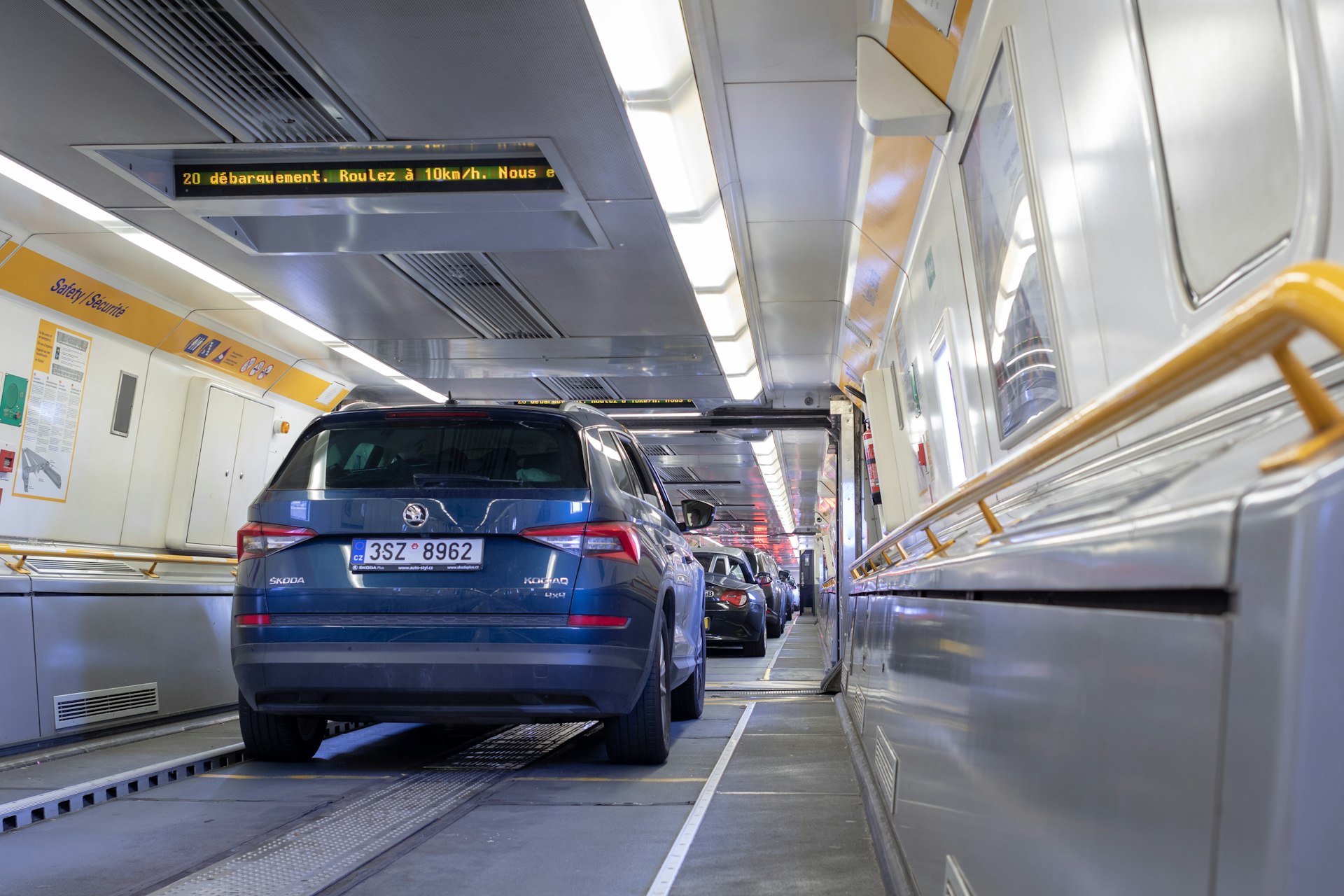
Uncertain risks
Part of what scuppered the trip was the uncertainty around keeping myself — and my parents, who are still very active retirees but are nonetheless in the higher risk age bracket — safe. It’s a seven-hour drive to the tunnel, and a four-hour drive on the other side, which means that I’d need an overnight each way, as well as a few stops en route for safety and comfort breaks.
Staying in a hotel, even with the measures put in place for room disinfection, is still a higher risk activity, especially one designed and operated for one-night stays rather than weeks-long holidays. If I needed to stop for a break, in France there are a number of options that are lower risk: some of the aires de service to stop for a comfort break are almost entirely open-air apart from the lavatories, which is a big plus at the moment. But in the UK, service stations are almost entirely indoors, and that would present a risk to infecting myself and potentially my parents that I judged to be too high, particularly given the selfishness of the anti-maskers.
A key part of the "no" decision was the uncertainty about the UK’s (and particularly England’s) management of the situation, which has not been as proactive or successful as France’s, as shown by orange-level case rates in multiple areas, including those I’d need to drive through.
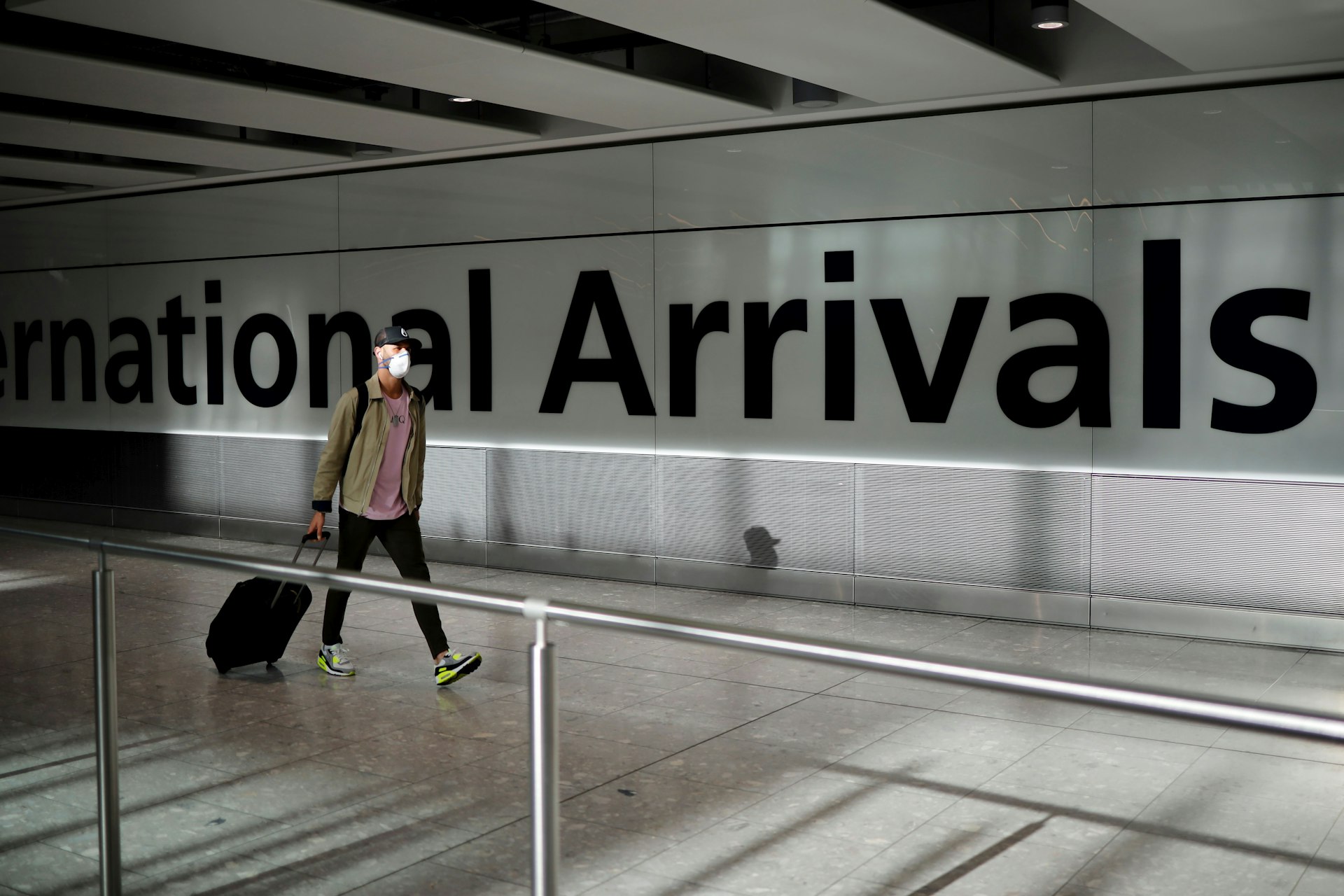
Potential quarantine
Another concern was getting stuck in the UK: its government has been addressing COVID-19 in a peremptory, capricious sort of way, including with what are roundly viewed as ill-judged quarantines on countries that had dealt better with the pandemic. The prospect of getting stuck there, unable to return home, as the result of reciprocal quarantines, did not appeal.
So it was a no for me and for my folks. I don’t judge or begrudge anyone who made a different decision, of course: one of the things to realize in all of this is that every person, every traveler, every travel situation and every context are different, and we each have to make the right decision for us, for our loved ones, and for the lives we live.
I’m still gutted, though. My folks and I are close, and despite living in different countries we see each other regularly and enjoy spending time together. By now they’d usually have visited me at least twice this year, and I’d have been over there a couple of times.
Instead, like everyone else, we’re catching up regularly on video, have a family text chat going and are planning tentatively for a visit in September if things start looking better.
You might also like:
Why I believe we need to start traveling internationally again
These are England's best national parks for social distancing
The world’s message to US travelers: go home

